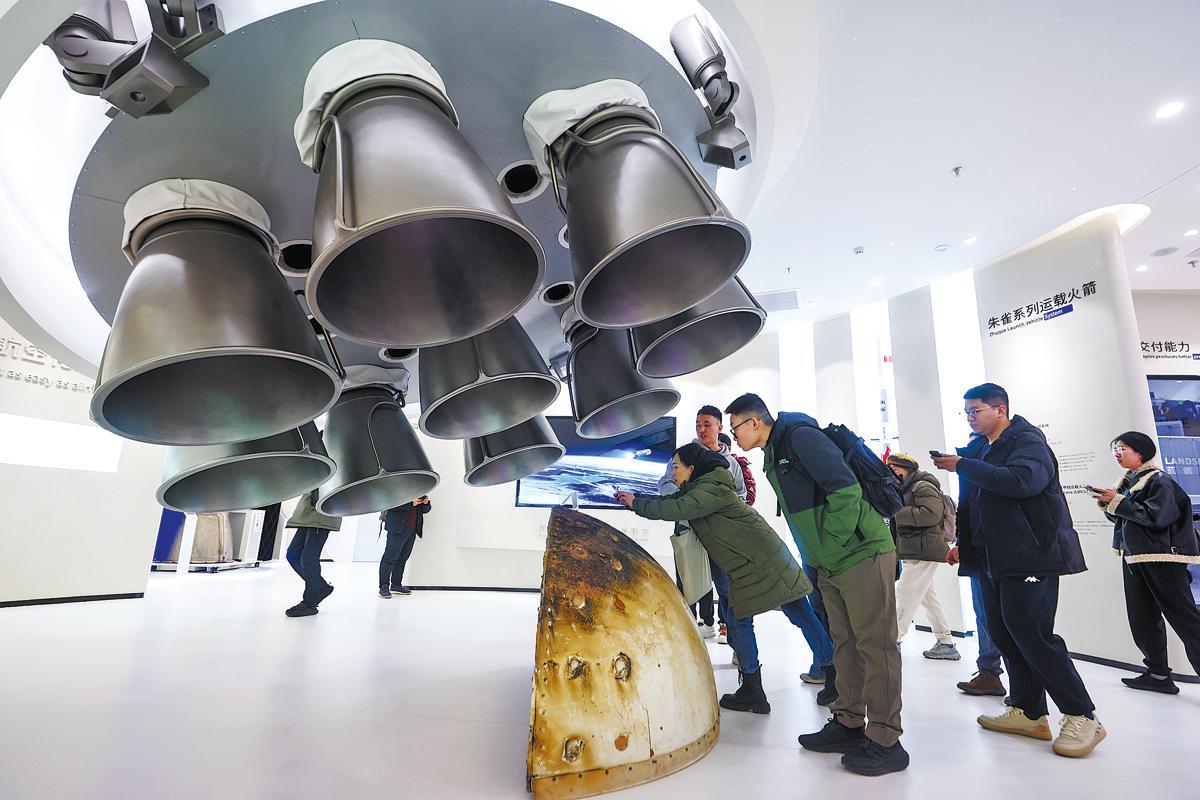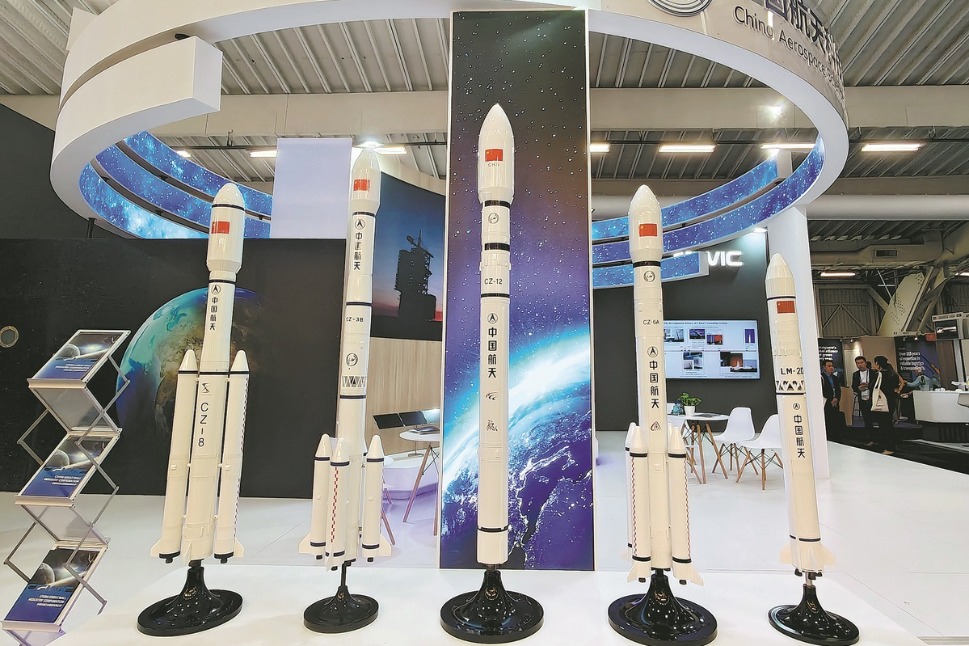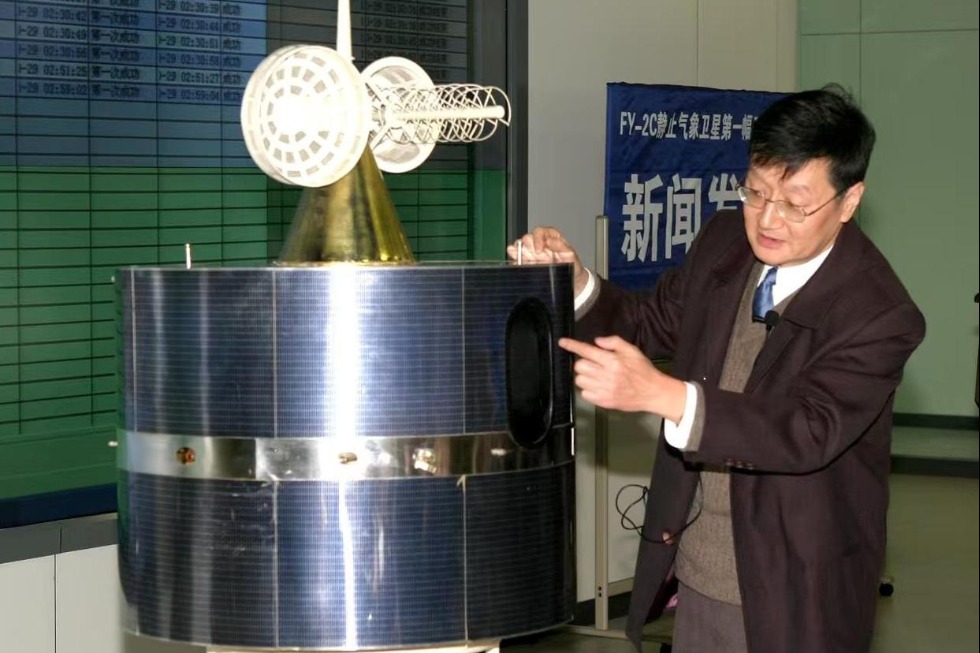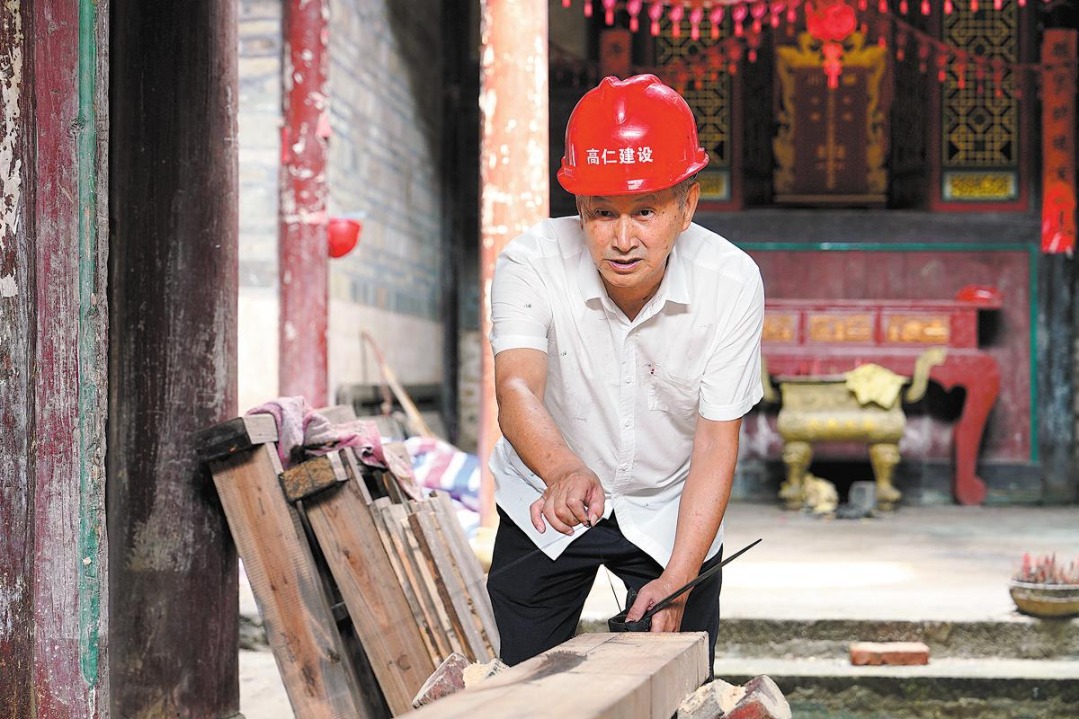Beijing rockets to the top as commercial space hub


Beijing is fast emerging as China's powerhouse in commercial space development, driven by breakthroughs in reusable rocket technology, rapid innovation and an expanding industrial ecosystem.
The capital is home to more than 300 commercial space companies, over half of China's top firms and unicorns, spanning rockets, satellites, ground systems and application services. In 2024, Beijing-based firms completed 12 commercial launches, accounting for around one-fifth of the country's total.
Clusters such as "Rocket Street" in the Beijing Economic-Technological Development Area now comprise nearly 60 upstream and downstream enterprises, including more than 70 percent of China's private full-rocket manufacturers.
A major breakthrough came on Friday when Beijing-based Land-Space completed China's largest nine-engine hot-fire test for a reusable rocket at the Dongfeng commercial launch site near the Jiuquan Satellite Launch Center in Northwest China.
The test featured a cluster of liquid oxygen-methane (LOX-methane) engines powering the first stage of ZQ 3, LandSpace's self-developed reusable methane-fueled rocket, marking a major step bringing this reusable rocket closer to its maiden flight.
"The ZQ 3 engines are designed for around 20 reuses, which will significantly reduce launch costs," said Zhang Jingru, vice-president of LandSpace, who added that it follows successful 10-kilometer vertical takeoff and landing trials and is expected to make its maiden flight later this year.
ZQ 3 builds on the success of ZQ 2, which in 2023 became the world's first LOX-methane-propelled rocket to reach orbit.
LandSpace has also built China's first LOX-methane ground launch complex at the Dongfeng site, making it the country's first private firm to operate a commercial rocket launch platform.
"In just a few years, we've evolved from producing a single rocket to achieving an annual capacity of about 100 engines and 10 rockets," said Li Xiaoming, a senior executive at LandSpace.
Li added that the company's core advantage lies in innovation and system overhaul. It has evolved from building individual rockets to running full-scale production lines. These boast a complete industrial chain covering research and development, manufacturing, testing, and launch services for liquid-fueled rockets.
Beijing's industrial layout reflects a strategic division — the south focuses on rockets and the north on satellites. The Beijing Economic-Technological Development Area, Fengtai and Daxing districts anchor the "southern rockets" hub, while Haidian district leads the "northern satellites" sector.
The city also hosts a reusable rocket technology innovation center and is investing in super-heavy rocket research and engines, according to the Beijing Municipal Science and Technology Commission.
Additionally, satellite innovation is accelerating. GalaxySpace, a leading private satellite maker, has launched 25 independently developed advanced satellites as of May. It made headlines when its Lingxi 03 satellite was sent into orbit in 2023. With a flexible solar wing, the flat-panel stackable satellite is lightweight, making it suitable for large-scale stacked launches.
"This breakthrough holds strategic significance for satellite internet deployment," said Lin Guangrong, constellation communication system architect at GalaxySpace.
Contact the writers at wangsongsong@chinadaily.com.cn
- Beijing rockets to the top as commercial space hub
- Chinese scientist wins top award for building meteorological sats
- Youth urged to shun illicit abuse of drugs
- Senior official who attended a banquet that led to man's death investigated
- Former senior official of Guangxi dismissed from CPC and office
- Shanghai Symphony Orchestra unveils a star-studded new season





































